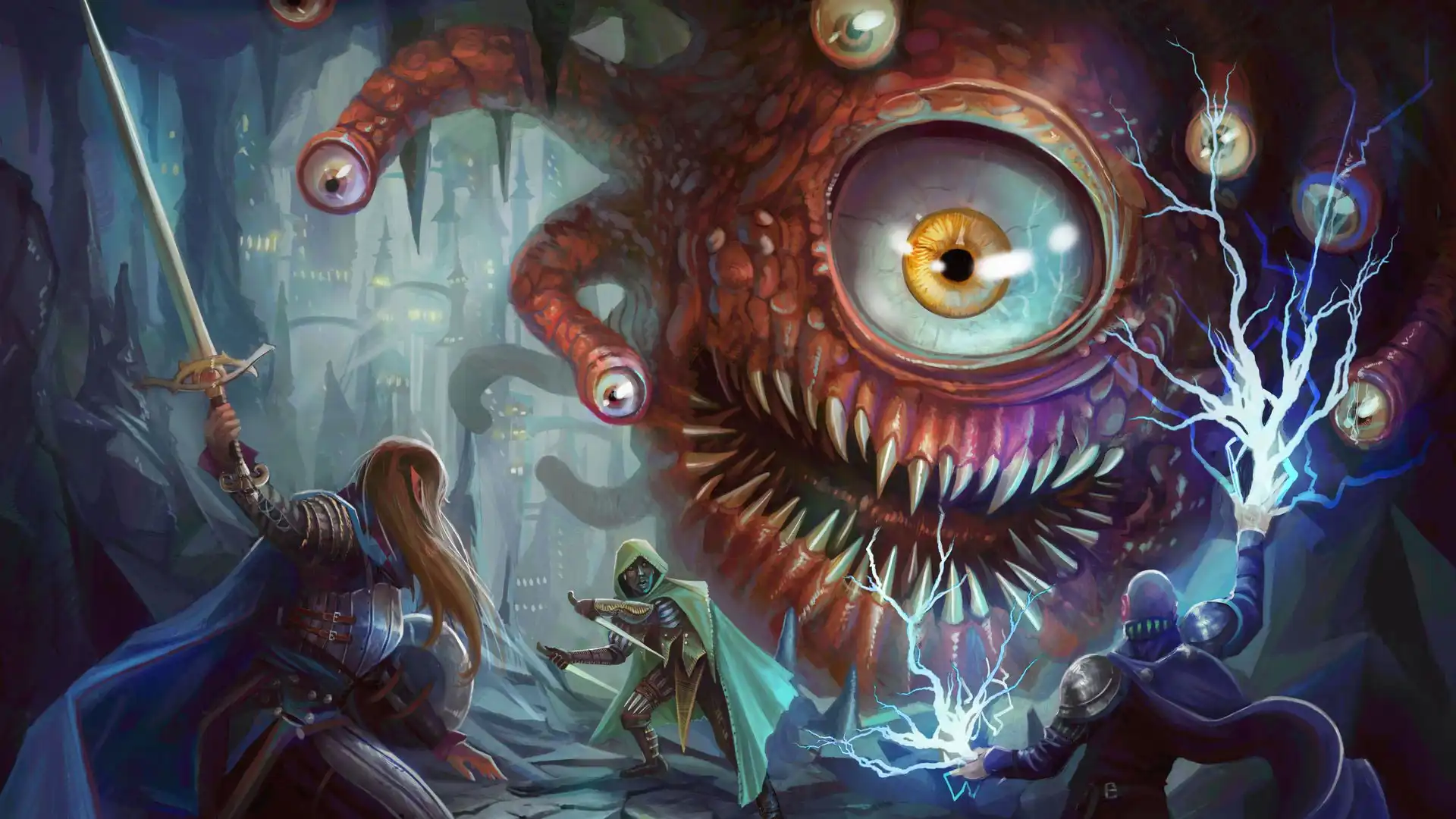Within the immersive, multi-dimensional universe of Baldur’s Gate 3, romance plays a crucial role, offering players an array of opportunities to form intimate relationships with virtual companions. This notable feature enables players to engage in meaningful interactions that cultivate deep bonds, adding a layer of emotional depth to the overall gaming experience.
Each companion within this virtual realm possesses a distinct personality and set of attributes. This vast array of characters allows players the freedom to choose their romantic partner, making each gaming experience unique. These relationships often deepen over time, making the bonds formed between the player and their companions feel incredibly real and poignant.
A complex game, Baldur’s Gate 3 doesn't shy away from the darker side of romance either. It gives players the option to inflict emotional pain on their in-game partners. Players can choose to end their companions' romantic relationships at any time — even at the worst possible moment when their companion is most vulnerable.

This functionality in Baldur’s Gate 3 mirrors the complexities of real-life relationships, injecting a sense of realism into the in-game environment. The freedom to break up with a virtual partner when they are down demonstrates the game's commitment to mimicking real life, albeit at times harsh, romantic situations.
Much has been said about this distinctive feature of relationship dynamics within Baldur's Gate 3. One scenario that has generated substantial talk involves a moment in the Shar temple. At this point in the game, a character known as Shadowheart expresses her feelings towards the player. Given the circumstances, she is especially vulnerable, making the option for a sudden, unwarranted break up particularly heart-wrenching.
This provocative option has ignited much discussion among players. The option to inflict emotional pain during a vulnerable moment is a controversial one. Many find this moment both intriguing and challenging, provoking a range of reactions and discussions on character development and narrative techniques.
One narrative choice envisaged by a player involves an even more serious act of betrayal towards Shadowheart. In a certain scenario, Shadowheart can be handed over to Mother Superior Viconia for 're-education', a process of mind-wiping. This act isn't motivated by greed or reward but out of total disregard for Shadowheart's journey as a character.
Other players have suggested even more damaging scenarios, reinforcing just how integral these moments of emotional depth are to the richness of the game. One scenario involves sleeping with a character named Mizora and breaking up with another character, Wyll, speaking to the guilt and emotional damage that this action would cause.
Gale, another character, can suffer emotional hurt, too. After a passionate moment, Gale reveals his deep feelings, making a subsequent decision to reduce the relationship to merely a 'one-night stand' all the more emotionally damaging.
Another scenario described as heart-wrenching involves sleeping with a character named Karlach and then leaving her for someone else. This action creates a rift with lasting effects, as Karlach will end up despising the player.
Baldur's Gate 3 offers the freedom to create and dismantle relationships at will, illustrating the myriad ways a relationship can unfold. Yet, the players' discussions show that many are hesitant to enact these heartbreaking scenarios. They appreciate the character development and narrative depth provided by these romantic relationships and are reluctant to inflict unnecessary emotional harm.
The romantic dynamics in Baldur's Gate 3 offer a fascinating study of virtual relationships and narrative construct. The freedom and depth it provides, whether used to cultivate deep bonds or shatter them, plays a pivotal role in emulating the complexity of human relationships.
Despite, or perhaps due to, the potential for heartbreak and pain, these narrative choices contribute significantly to Baldur’s Gate 3’s immersive role-playing experience. It is this suite of choices, the depth of their impact, and the related emotional resonance that sets the game apart, offering a compelling study in digital narrative and character development.